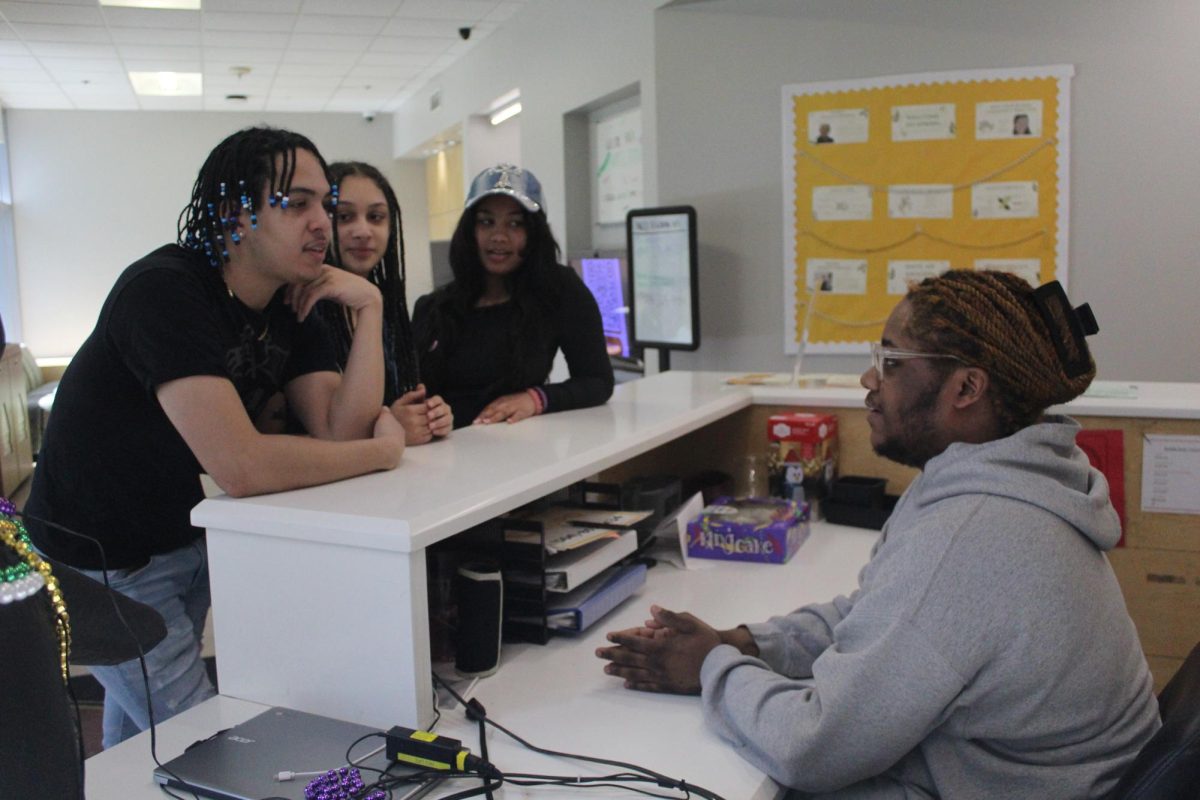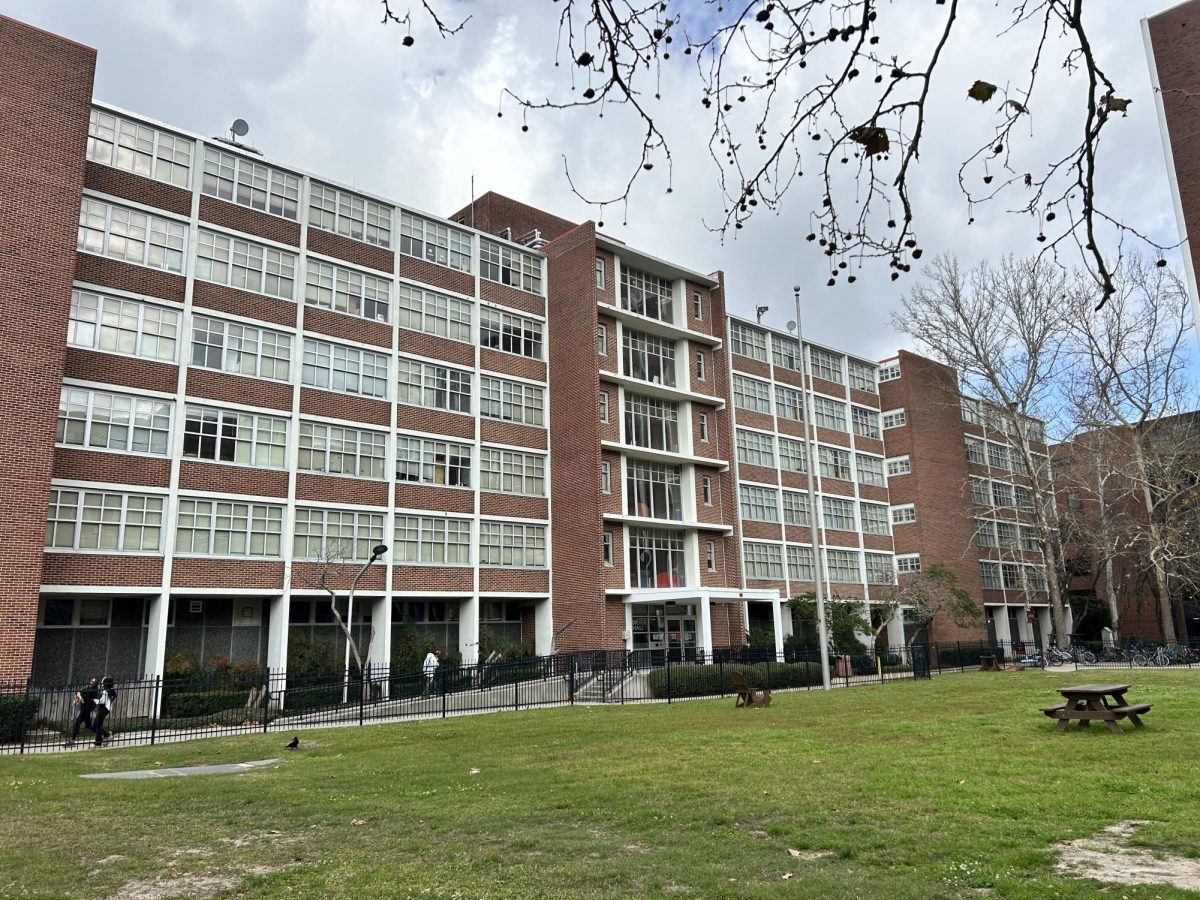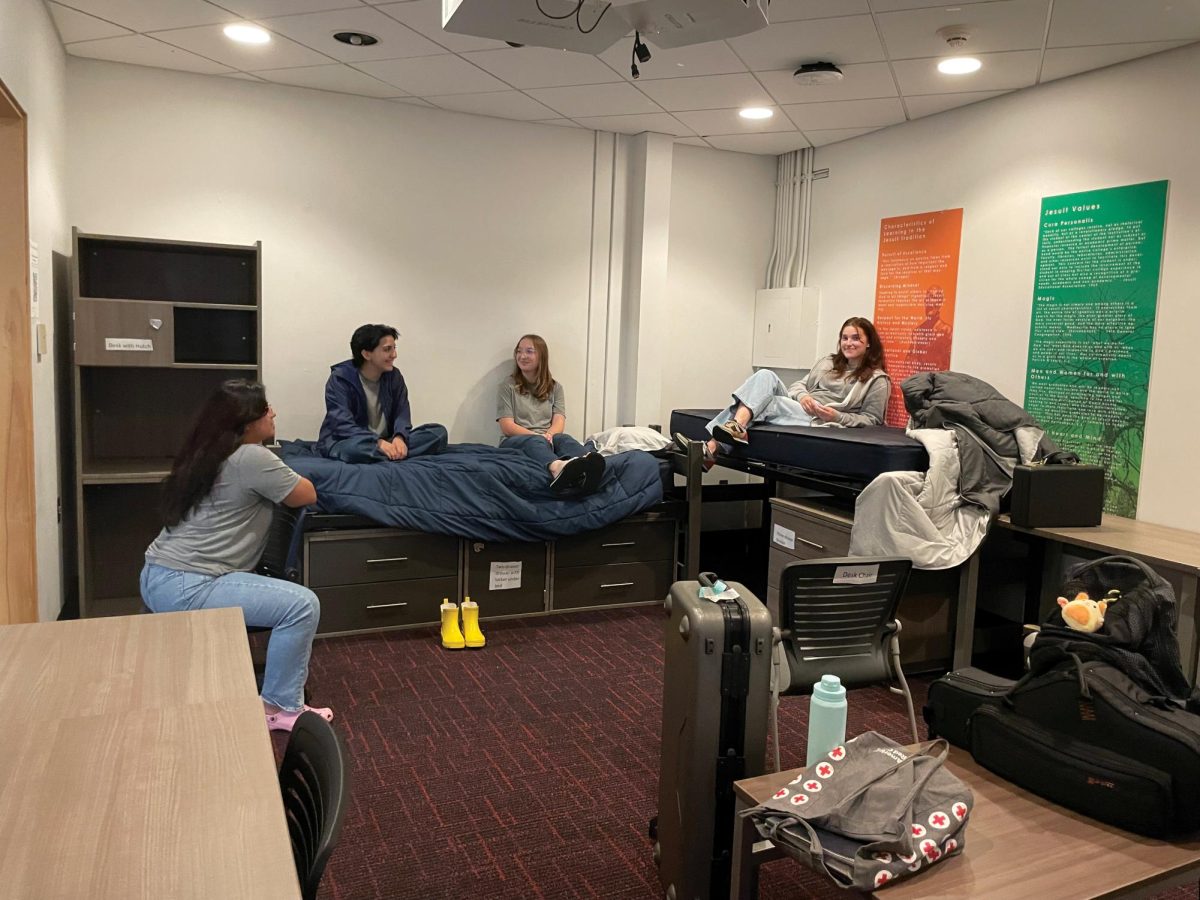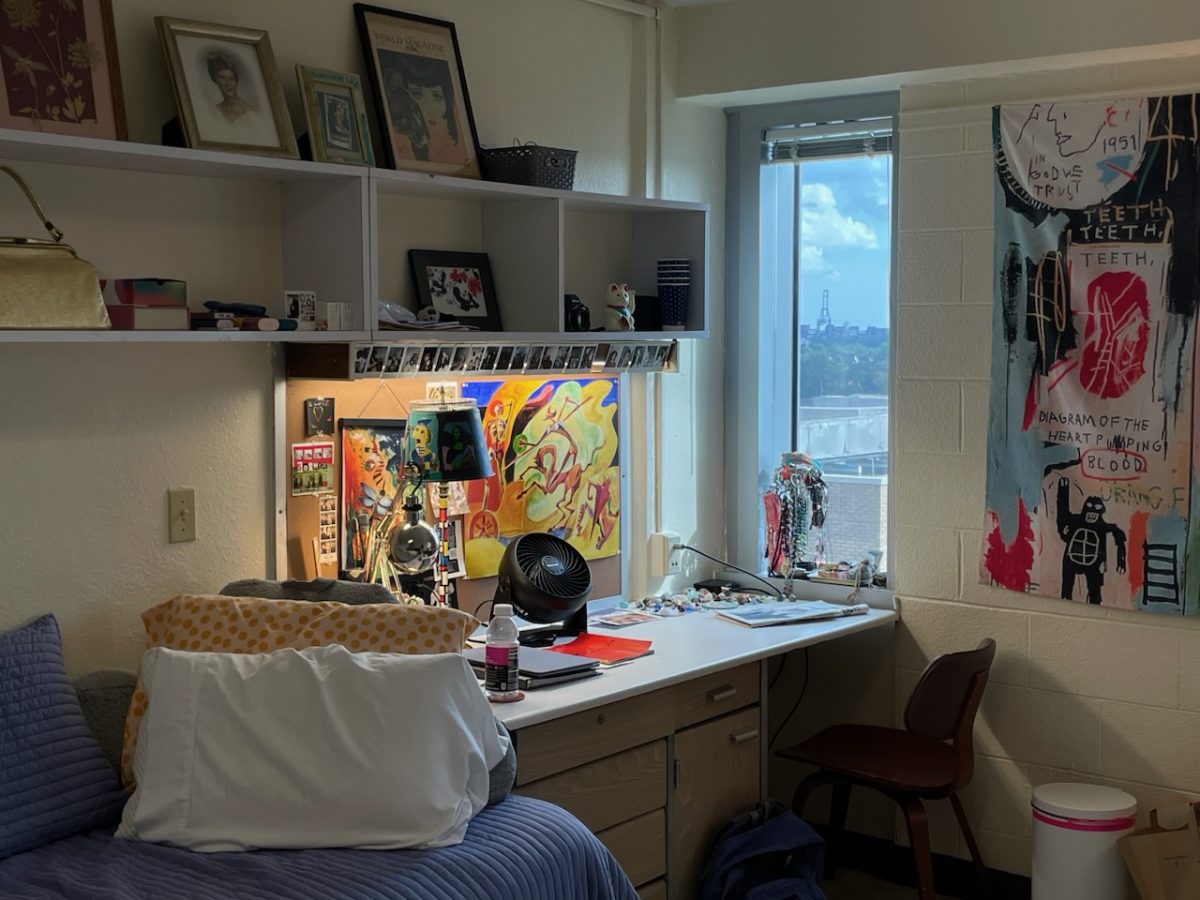Comfortability in your living space is one of the most important things a resident could ask for, and representation in those spaces is equally important for people of color.
Loyola’s residential life staff consists of mostly Black staff members on the professional level, as well as the student level with resident and desk assistants.
Camilla Johnson, a sociology junior and Biever RA, shared that relating to her RA as freshman is what prompted her to become an RA herself.
“A lot of our student population are minorities. As a minority, I felt more comfortable talking to an RA who could relate to me,” she said. “My RA was very invested, and she acted like a friend,” she said.
Living spaces can affect more than you think. This goes for your grades in school to your social life. An RA is often a student’s first impression of college life. They are a guide for the college journey, which is why it is crucial for students to be able to relate and feel seen by these guiding leaders on campus.
Aaron Johnson, the Associate Director of Housing Operations, said his college experience played a major role in his current job.
“As a Black man, I have been positively impacted by the help and guidance that I was given. I felt heard and seen,” he said. “I work hard to make intentional connections with our Black students at Loyola and hope that my presence in these spaces allows them to see what is possible.”
Students carry what they learn from college into their everyday lives. It’s that foundation they make before entering the real world that makes all the difference.
And everyone wants to feel like they have a safe space and that they belong, which is why representation matters.
Ryan Webb, a resident in Biever, said she benefits greatly from having a Black RA.
“My RA promotes a respectful living environment and ensures our voices are heard by everyone,” she said. “I feel more comfortable communicating my thoughts and opinions by having such a supporting RA.”














